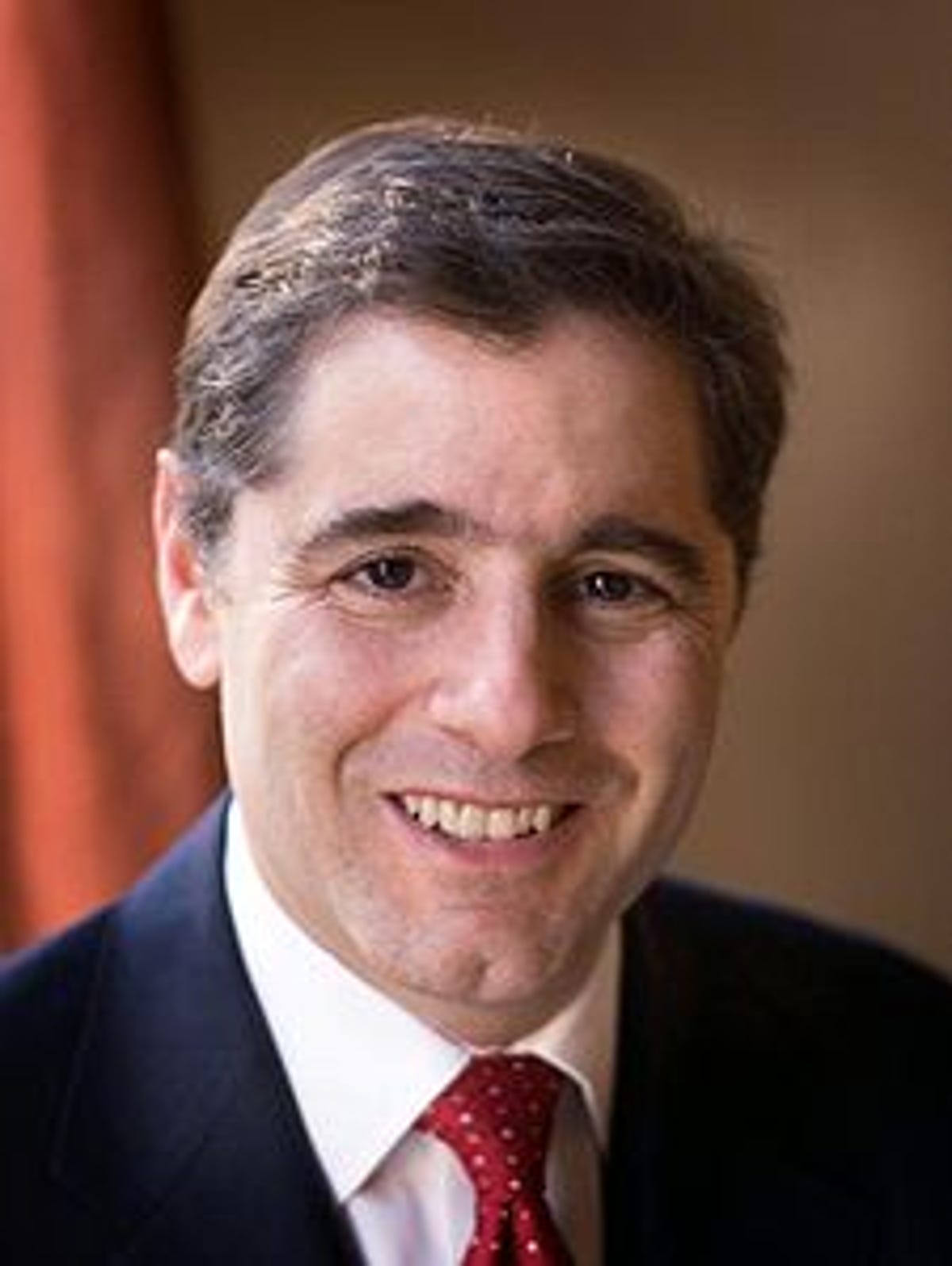Federal Communications Chairman Julius Genachowski tried to convince broadcasters to support his plans to reauction TV wireless spectrum during a speech he gave Tuesday at the industry’s annual trade show sponsored by the National Association of Broadcasters in Las Vegas.
Genachowski said the additional spectrum is needed to ensure that U.S. wireless operators can meet the growing demand for wireless broadband services. He said new smartphone devices, such as the Apple iPhone and the Motorola Droid, are causing a 40-fold increase in demand compared to a three-fold increase in spectrum for mobile broadband coming online. He said the problem will only get worse as other wireless connected devices, such as Apple’s new iPad, are introduced into the market.

“Our nation’s ability to lead the world in innovation and technology is threatened by the lack of sufficient spectrum for wireless broadband applications and services,” he said, according to the text of his speech. “This is not a theory or idle speculation. It’s math and physics.”
He assured broadcasters that the auctions proposed in the National Broadband Plan, which was presented to Congress last month, are voluntary and will result in a win-win situation for broadcasters and the public. Broadcasters could benefit financially by sharing the proceeds from the auctions, and consumers would benefit from more wireless spectrum made available to enhance and create new services.
The National Broadband Plan (PDF), which is a blueprint for policy makers, legislators, and the Obama administration to bring affordable broadband service to every American, calls for the FCC to make 500MHz of new wireless spectrum available within 10 years for licensed and unlicensed use. The plan recommends that 300MHz of that spectrum should become available within the next five years. And about 120MHz of spectrum will come from broadcasters.
But Genachowski said it would only take a few stations in mostly urban regions to reach this goal. He said that consumers would not see any degradation in over-the-air TV service and that mobile DTV services would continue to be rolled out. He emphasized that rural broadcasters would not be affected since the real wireless bandwidth crunch is in the dense urban areas.
He also said broadcasters would be able to set their own floor price on the auction. And he tried to reassure the audience that the incentives would be so appealing that the agency would not be forced to resort to plan B, which would force unwilling broadcasters to give up spectrum.
The chairman tried to dispel myths about the plan that have been swirling among the industry.
“A lot has been said and written about this auction proposal, including at this conference, that just isn’t accurate,” he said.
Earlier this week, NAB President Gordon Smith likened the FCC’s tactics to those of the mafia, shaking down broadcasters to accept deals they couldn’t refuse. “Either your signature or your brains will be on the contract,” the Los Angeles Times quoted him as saying, paraphrasing the “Godfather” mafia don, when talking about Genachowski’s pitch.
But Genachowski argued that broadcasters who want to contribute half their capacity and share with another broadcaster should not be denied that opportunity.
He also said the FCC is not looking to drive broadcasters out of business, and he applauded broadcasters for their public service.
NAB Executive Vice President Dennis Wharton said in a statement following the chairman’s speech that the group was reassured by the FCC’s efforts to work with the industry.
“We welcome an ongoing dialogue with Chairman Genachowski,” he said. “His remarks on the National Broadband Plan as related to television spectrum reclamation were reassuring, and we will reach back to work with the chairman.”



